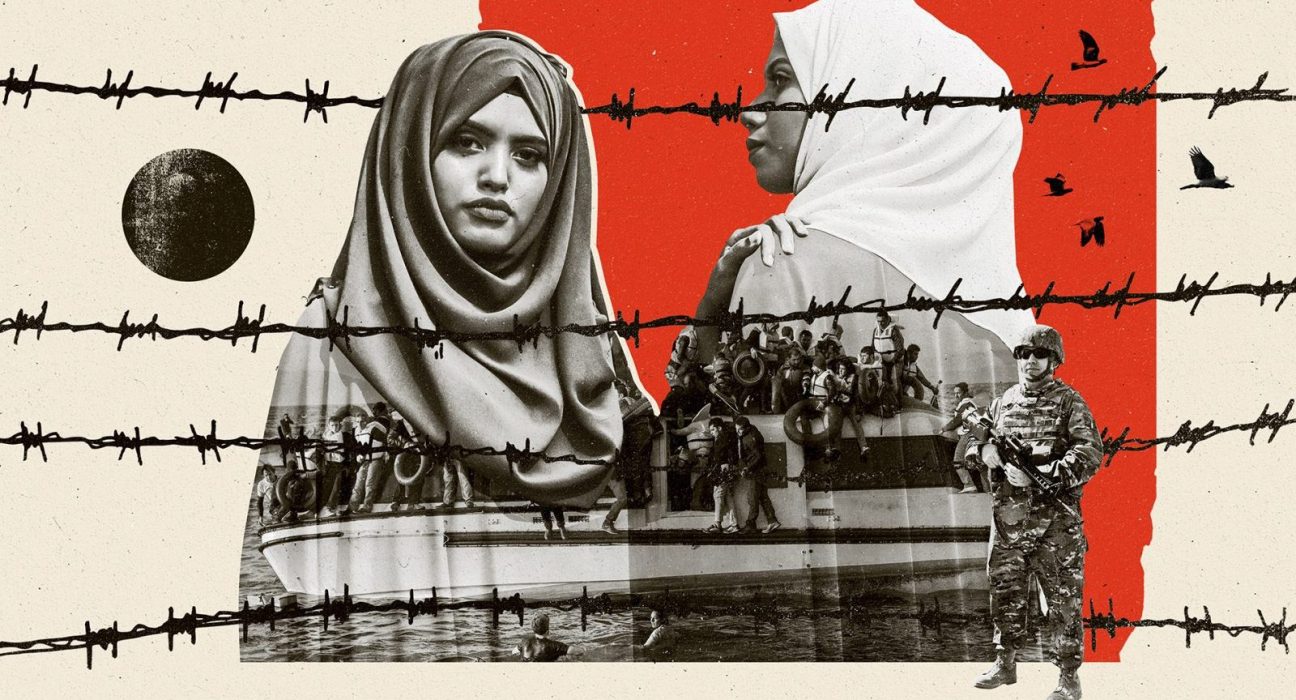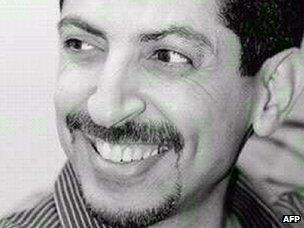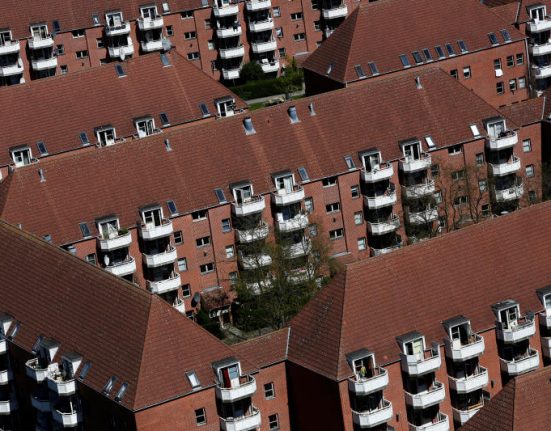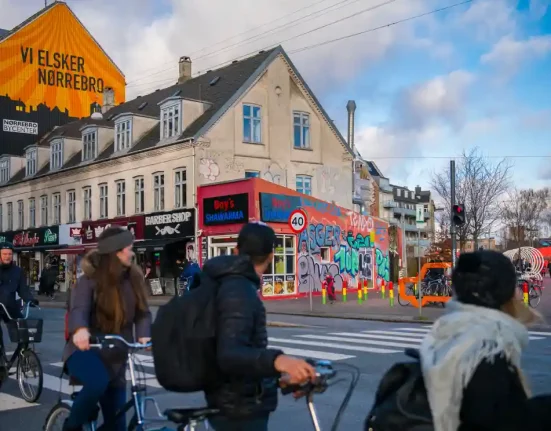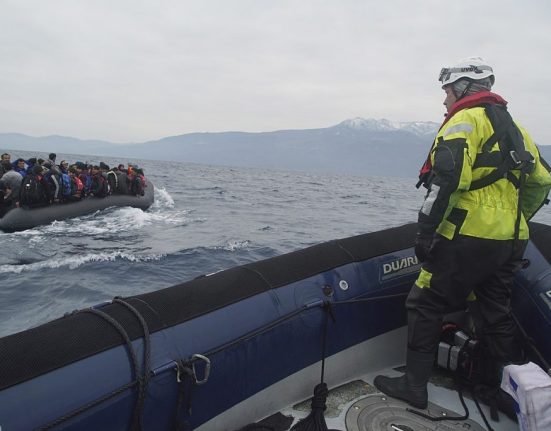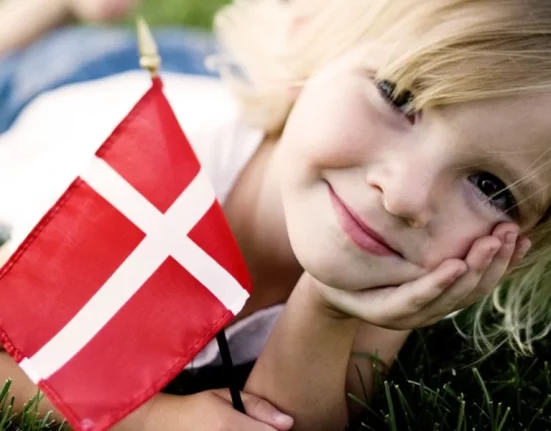The attempt to impose Muslim refugees to incorporate by requiring them to enrol their children in childcare from the era of one is discrimination that will almost surely backfire.
Forcing immigrant workers to enrol their children in childcare for 25 hours a week to the age of one; instantly double the punishments for crimes dedicated in ghetto areas.
It is trying to threaten complex charges or even jail terms anybody who refuses to report family members suspicious of striking their children, imposing quotas on kindergarten students.
The Danish government will implement these restrictions in response to the new extremist outburst in European politics.
The Danish government is believed to have gone farther than anyone else in Europe to integrate migrants forcefully.
All of these steps are part of the government’s objective to “eradicate all ghettos by 2030.” The government and many media use the word “ghetto” to describe the social housing where newcomers assemble without cynicism.
It’s a pattern of speech that demonstrates how Muslims in Europe are becoming the target of sentiments formerly characterized as racism.
A xenophobic and occasionally racist trend has been known in Danish politics for years. The Danish Workers party, which is in the same group as the European parliament, advocates are banning all travellers’ settlements squatter colonies, encouraging resettlement, for opting out of the UN Refugee Agreement.
The previous election received more than 20% of the vote. These policies do not go nearly as far, but they are going in the right direction.
Denmark recently established a measure known as the “ghetto bargain.” They used this nasty term to characterize 25 residential districts around Denmark where a considerable share of the population is of ethnic minority origin and has a poor economic status.
Ghettos, according to the government, are “parallel societies” – 56 identified and specified places in which both the legal and informal regulations that control the rest of the nation do not apply.
Whether or not this is true is politically unimportant. The threat of Sweden features prominently in Danish politics. A dispute involving Balkan gangs has been accused of five deaths and six further gunshots in Malmö, a single train trip over the water from Copenhagen, during 17 days in the summer.
The new proposals attempt to establish both formal and informal Danish rules. However, these ideals now include an overt discrimination practice towards their parents.
That’s not going to end nicely. This legislation will be offensive and racist on religious grounds. It’s one thing to say you’ll massively increase police in more significant regions.
However, making crimes like trash, robbery, violent behaviour, fire, and drug offences punished by double the penalty when done inside the declared ghettos is illogical.
It is simple to see how this would, in practice, function as an encouragement for offenders from such regions to seek jobs somewhere else in the criminal justice system.
Even though these policies are promoted and maybe meant – as a strategy to free the ghettos nation, the people who live there are the real targets.


